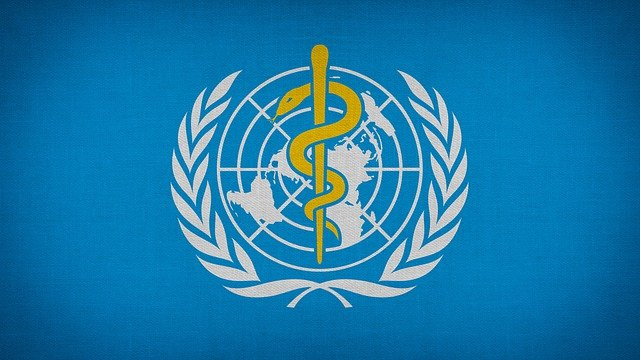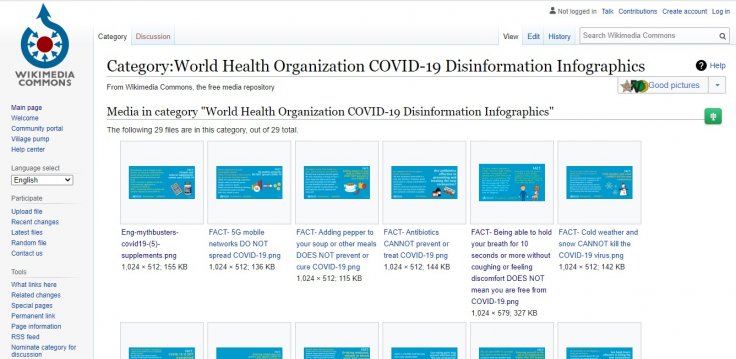Fake news, misleading information, and conspiracy theories about Coronavirus—all of these have been appearing on online platforms since the beginning of the pandemic. But understanding how such falsehood can affect society, Wikipedia and the World Health Organization (WHO) have joined hands to stop the spread of false information.
The collaboration was announced on Thursday, October 22. As reported, the WHO will grant Wikipedia free use of its published information, videos, and graphics about the COVID-19 pandemic.
Andrew Pattison, digital content manager for the health agency said, "We all consult just a few apps in our daily life, and this puts W.H.O. content right there in your language, in your town, in a way that relates to your geography." According to him, proper information about the Coronavirus crisis would help to disarm the misinformation.

The collaboration between the UN health agency and one of the most consulted online platforms, but much of the WHO's material into the Wikimedia commons that means it can be reproduced or retranslated anywhere without seeking permission—as long as the content is identified as coming from the Geneva-based health organization and a link to the original information is added.
The director-general of WHO, Tedros Adhanom Ghebreyesus said that "Equitable access to trusted health information is critical to keeping people safe and informed."
Elimination of Misinformation
Under the agreement, the first WHO items uploaded on Wikimedia Commons are infographics that debunk dozens of myths about Coronavirus infection. Ryan Merkley, who is the chief of staff at the Wikimedia Foundation said that further addition could include treatment guidelines for the doctors. If this works out to reduce the amount of false information spread across the society then the agency will consider countering misinformation related to HIV AIDS, Ebola, polio, and other diseases.
Since Coronavirus started to spread across the world, Pattison has been leading the WHO's effort to work with online platforms to fight against the misinformation about the disease—something which is called as "infodemic" of rumors. Even though some rumors—such as COVID-19 is caused by bat soup—are harmless, claims like drinking bleach and a high amount of alcohol can cure the Coronavirus caused disease can be dangerous. While giving an example, Pattison said in Iran over 700 people died after they believe in the rumor that "you should drink high-grade alcohol."

The problem begins when people start believing in such rumors and then share such misinformation with others. For example, guests on Laura Ingraham's show on Fox News have shared information about unproven Coronavirus treatment, including hydroxychloroquine, antibiotics, and vitamins. Even US President Donald Trump also backed the use of HCQ publicly for weeks.
As per Merkley, in Wikipedia, there are 5,200 Covid-related articles in 174 languages and over 82,000 contributors have written or edited them. Since many contributors make "malicious changes," there are several levels of safeguards, he said. Some pages can be locked or cannot be changed until volunteer editors on 'WikiProject Covid-19', many of whom are academics and doctors, review it.
Even more than 1,000 volunteers will receive an alert if any page they inserted in Wikipedia is attempted to change. If required changes made by any account that has lasted for less than 30 days can be blocked.








